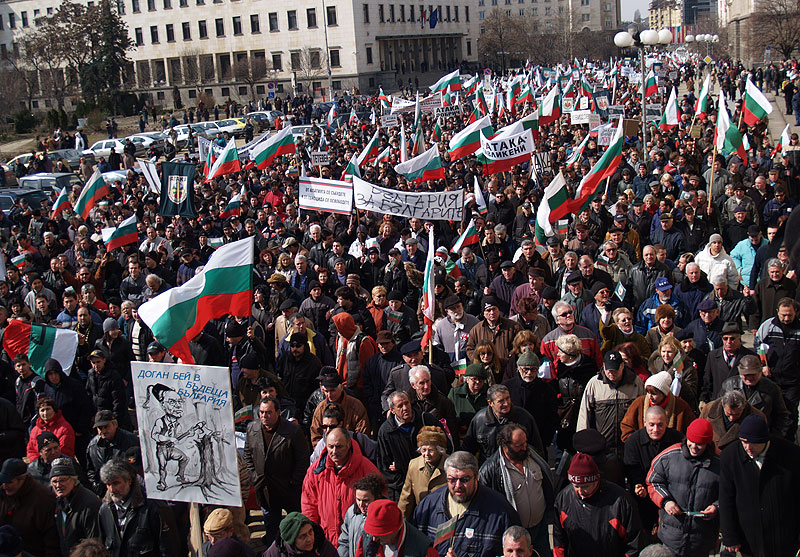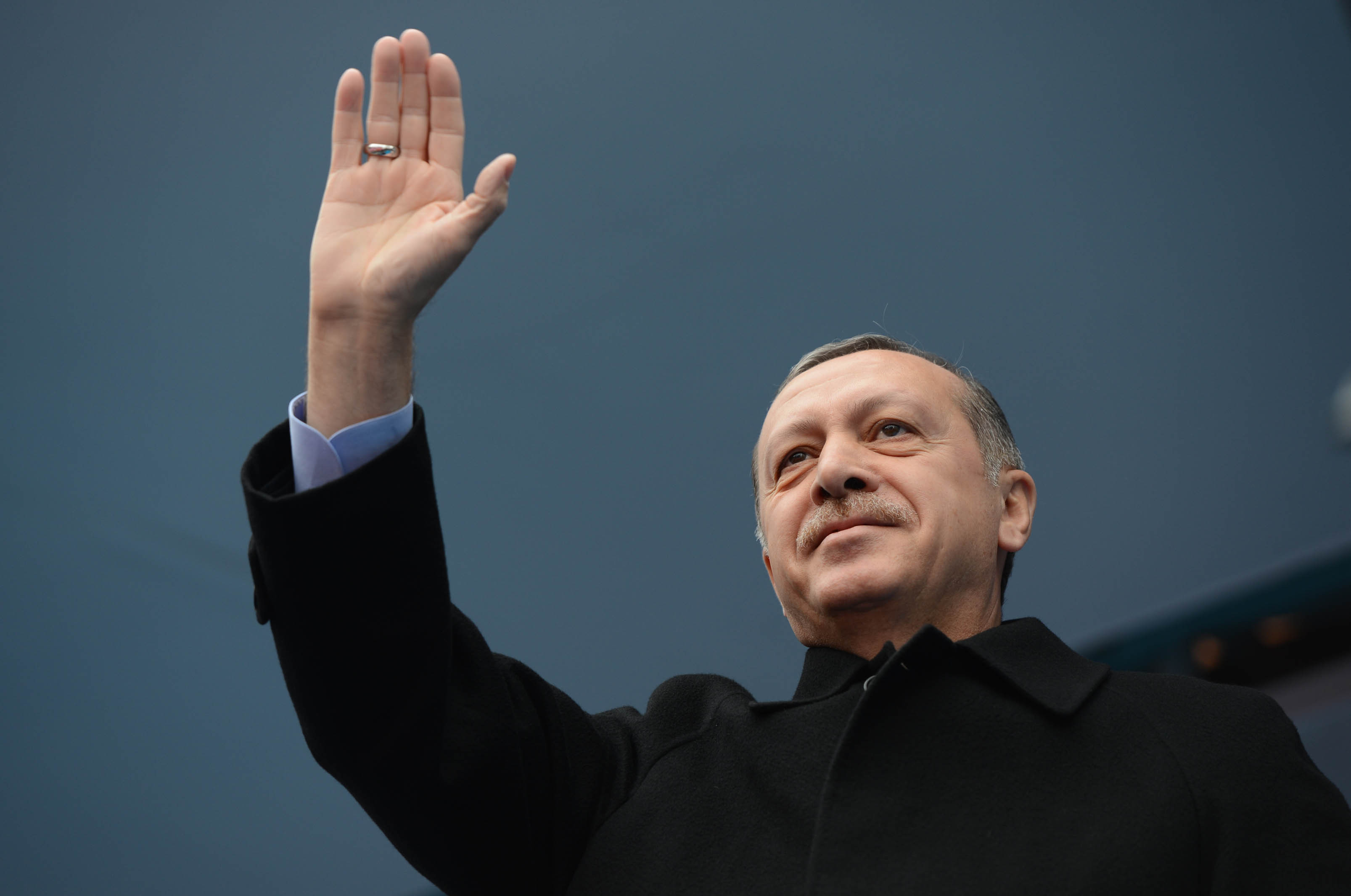While anti-NATOism on the European Left is becoming more common, fed by anti-war, anti-nuclear and anti-austerity political parties, anti-NATOism on the Right is fast becoming a political reality. Whereas in the past right-wing and right-leaning political parties looked to NATO as a formidable bulwark against the expansion of the Soviet Union and communism, now, strangely, NATO is discussed by the Right as an unwanted alliance and a threat to peace and stability.
And like the Left, Europe’s right-wing parties have been making serious headway in national and European elections. The right-wing Front National is France’s third-largest party; Jobbik, in Hungary, an openly xenophobic, occasionally anti-Semitic and fiercely nationalist party is third in the Hungarian National Assembly; and the neo-fascist, irredentist Golden Dawn is Greece’s fourth-largest party.
Anti-NATOism on the Right, in particular, has materialized around three interrelated issues: the fear of foreign control and supra-national institutions, conflict with Russia and the Right’s belief that NATO is an impediment to a long-lasting European peace.
Chief amongst those who have challenged NATO’s supra-national authority is Marine Le Pen, leader of the right-wing Front National in France. A staunch believer in Gaullism, based on the political ideology of former French President Charles de Gaulle, Le Pen has argued that France should not be confined by a dichotomized, NATO-Russia view of European relations, but instead should be free to pursue its own diplomatic course with Russia and the rest of Europe. Le Pen has stated unequivocally that if ever in power she would immediately withdraw France from NATO in an effort to restore French control over French foreign policy.
The fear of NATO as a sort of shadow government, subversively pulling the strings of world politics, has led many on the Right to caution that their country’s membership in NATO puts them at risk of being drawn into a potentially cataclysmic conflict with Russia.
Golden Dawn has stated repeatedly that Greece and Russia, bound together by a heritage of Orthodox Christianity, form a more natural partnership than Greece and NATO. Officially, Greece even supported Russia’s annexation of Crimea.
While this feeling of Orthodox fraternity has only recently been extended to Moscow, it has appeared in the past in relations between Greece and the Balkans. Over a decade ago, Greek paramilitary units were sent to Bosnia to fight alongside the Serbs during the Kosovo War. Greece was the only NATO member state not to participate during the war and the overwhelming majority of the Greek population objected to NATO’s aerial bombing of Serbian Army positions.
Volen Siderov of Bulgaria’s right-wing Ataka, routinely drums up wild conspiracy theories about Bulgaria as a staging ground for a NATO invasion of Russia. American soldiers will march through Sofia, he tells Ataka’s followers, and the American Navy will overtake the Black Sea ports of Varna and Burgas to ready for a strike against Russia.
Like Siderov, Gábor Vona of Jobbik, Hungary’s main far-right party, has stirred anti-NATOism by claiming that any NATO-led conflict with Russia would result in the mobilization of the Hungarian Air Force and almost certain war with Russia.
That NATO constitutes an institutional threat to European security is the one piece of common ground between anti-NATOism on the Left and on the Right. While the Left has opposed NATO mainly for reasons to do with anti-war and anti-nuclear policies, as shown in part one of this article, the Right has argued increasingly that NATO destabilizes European politics.
Vona has charged that Hungary’s membership in NATO is tantamount to geopolitical suicide for Central Europe. Italy’s anti-immigration and secessionist Lega Nord has argued the same. It has harshly criticized the European Union’s economic sanctions against Russia, maintaining that the sanctions, combined with what they see as a bellicose posture on behalf of NATO, are only increasing tensions between the West and Russia and putting much of Europe at serious risk. For both parties NATO seems to be the problem, not the solution.
What should concern NATO most is that these right-wing and neo-fascist political parties, as with their anti-war left-wing counterparts, are increasing their support bases with each and every new election.
The real fear of the international community should be of a world in which these parties, both Left and Right-led, dominate the seats of European parliaments. Europe might then be faced, at worst, with a widespread movement across the continent calling for NATO’s abolition and a return to the isolated and fragmented policies of defence that marked the nineteenth century. At best, NATO might devolve into something of a coalition of the unwilling, like a dysfunctional family of nations beset by internal divisions and self-interest.





